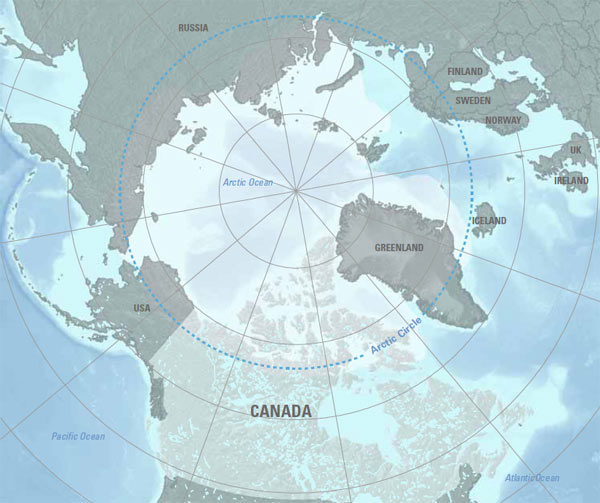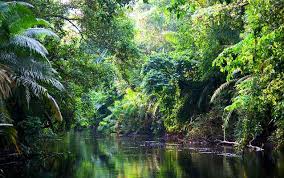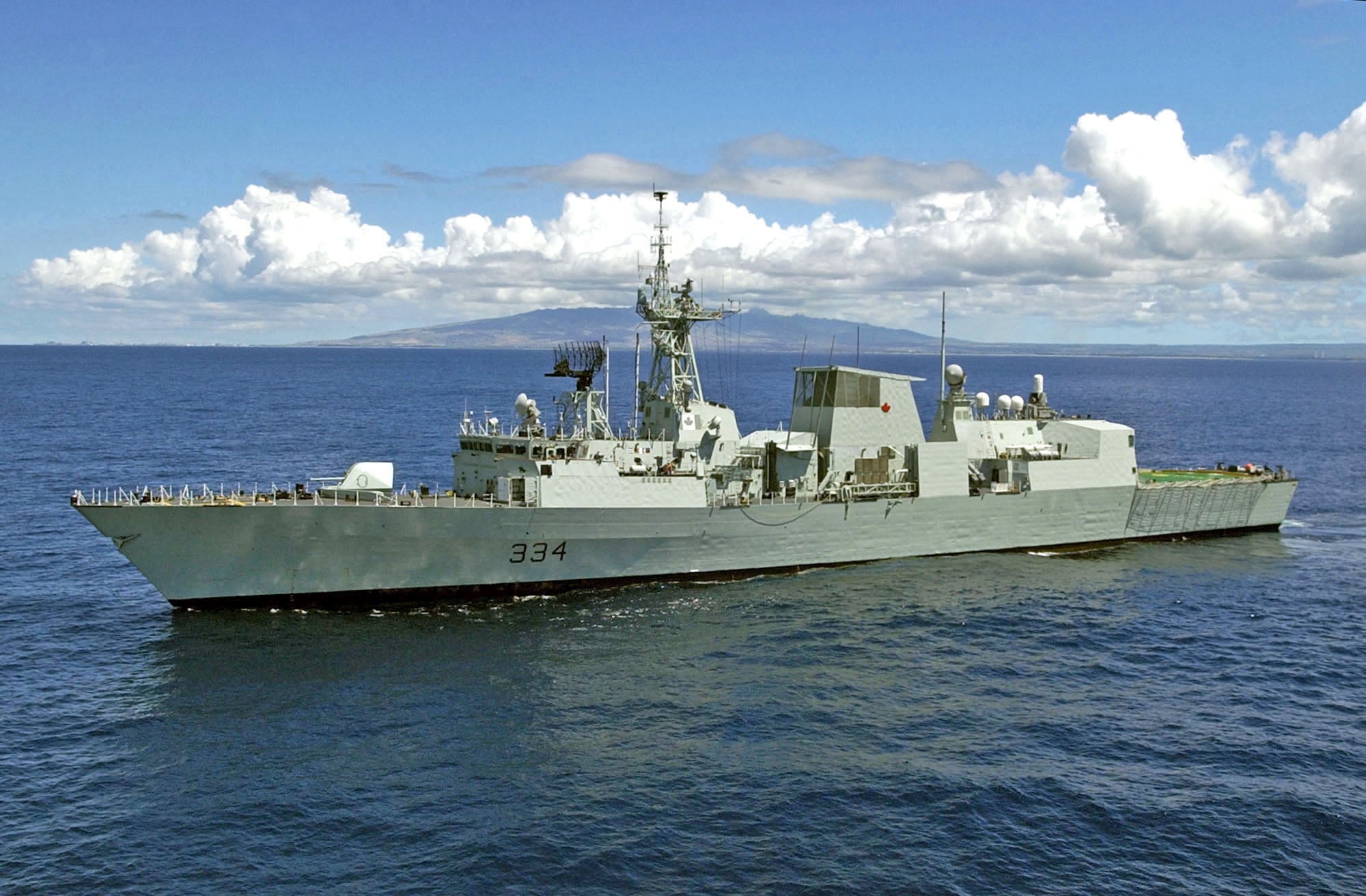The Arctic Council expanded in May of this year to include six new observer states, including one unlikely addition to the roster: Singapore. At first sight, the city-state has no logical reason to be a part of the Council, given its location in Southeast Asia and lack of Arctic territory. However, Singapore has potentially substantial economic interests in the Arctic, directly tied to two core interests: enhancing its shipping industries and finding new growth potential through capital investments in the Arctic. Strategic economic considerations and sustainable development will not only enhance Singapore’s standing in the world, but also make it a valued partner for the permanent Arctic members.
[captionpix align=”right” theme=”elegant” width=”300″ imgsrc=”http://natoassociation.ca/wp-content/uploads/2013/09/Arcticpole.jpg” captiontext=”The Arctic Council is a circumpolar forum comprised of Canada, Denmark, Finland, Iceland, Norway, Russia, Sweden and the United States.”]
Extra-regional interest in the Arctic is a logical outcome of its melting ice, which in turn opens up the Northeastern and Northwestern passages. They will be potentially ice-free in the summers before the midpoint of this century, and navigable in the winter effectively with the help of icebreakers, if we can expect that only single-year ice will block the passages.
Specifically for Singapore, there is another motive for investing in the Arctic, born from the consequences of the financial crisis that hit the world in 2008. In order to operate effectively in the Arctic’s unique and harsh conditions, there needs to be an exceptionally high level of capital investment in a number of crucial areas: communications, transportation, ports, power generation and military, among others. Constrained by low GDP growth rates and high levels of public debt, the ability of littoral states to finance many large-scale projects in the Arctic has decreased. It is in this respect that Singapore can become an investor in Arctic infrastructure development through minority stakes and in turn profit from their exploitation as a partial owner. What makes this proposition possible is Singapore’s currency reserve: SGD 350 billion, or roughly USD 280 billion. It is administered by the Govt of Singapore Investment Corporation.
In terms of shipping, Singapore is already a major global hub for trade, acting as a node for connections around the world. However, the difficult economic recovery in the West means that global shipping is also at a standstill, where fewer containers and more ships also lower freight prices and drive up operation costs. While Singapore will not lose its leading global position, the search for growth means focusing on emerging markets: namely, the Arctic.
The main advantage of the Northwestern and Northeastern passages is that they significantly reduce the travel times between Europe, Asia and North America, and also eliminate the political and security risks related to crossing the Suez Canal, Gulf of Aden, the Persian Gulf and sea lanes in Southeast Asia, where geopolitical jockeying between regional countries often leads to military posturing. With an open summer season and the assistance of icebreakers in the winter months, shipping through the Arctic offers competitive advantages for Singapore and it should be pursued as a growth opportunity. Such a prospect also offers Singapore’s shipbuilding industry an opportunity for constructing vessels that are designed to endure the region’s extreme conditions.
[captionpix align=”left” theme=”elegant” width=”300″ imgsrc=”http://natoassociation.ca/wp-content/uploads/2013/09/PortofSingapore.jpg” captiontext=”The Maritime and Port Authority of Singapore is the busiest container port in the world.”]
Finally, climate change and a warming Arctic also offer Singapore a chance to be an influential voice in the sustainable development in the Arctic, considering that it itself is an island city-state, directly susceptible to the environmental risk factors around it. Rising sea levels and more intense storms are among these risks.
Singapore is already a global actor, but the Arctic offers new opportunities that will shift the city-state trade relationships and political influence in a positive direction, while being a responsible actor in the sustainable development of the region.
The second article in this series will discuss Singapore’s energy use and requirements and evaluate whether the Arctic offers opportunities for energy security and diversification.




